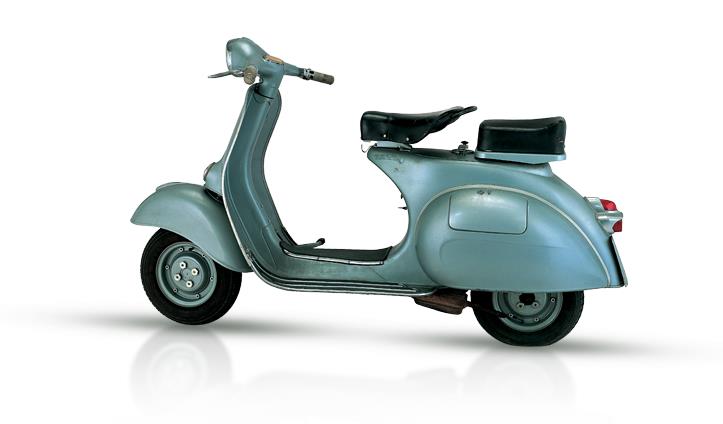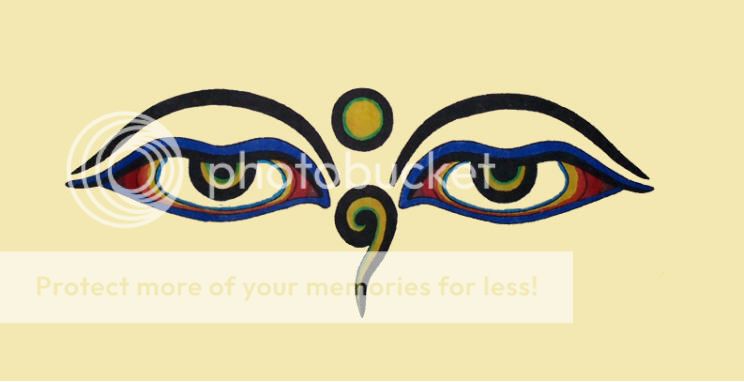Every Sunday Javier’s father would come and pick up the baby to take him to the park. One day when he was two, they did not come back. His father decided to return to Buenos Aires and took the boy with him.
Javier remembered sleeping next to his grandma Emilia and playing with her curls. Soon his dad found a new lady. She was called Isabel Mahul, but her artistic name was Afro. She was a dancer. They moved in with her and Javier soon called her mom. She would take him to her rehearsals and to her ballet lessons. The boy would watch the lessons. Javier said it was like in the movie “All that Jazz”.
Javier learned to read very young. When they took out his tonsils they gave him a book: Puss in Boots. Life went by. They were the times of Perón in Argentina and the government gave him a bicycle, which his dad did not pick up for political reasons. Javier attended primary school. He was a good student. He was a smart boy.
He had a nice relationship with his grandfather who would give him coins to buy comics which he loved. He would approach him when he was with his friends in a café and make a signal with his fingers. If his grandpa nodded, he would approach and ask him for money. He loved to read!
The time came when Afro his stepmother signed a contract as a dancer to go to Brazil. Sammy would play the Bongo as she danced. They left the boy in Rosario with her parents and brothers.
Meanwhile in Lima, Peru; Javier’s mother had a new boyfriend: a rich man. He was a widower, and never married her, but he paid for a detective who found the kid, and for the plane tickets for her to go and fetch him.
Javier remembered the Argentinian police asking for “the boy”. Afro’s family was terrified and let them take him. He remembered seeing his mother for the first time: a rather intense woman crying and shouting “My son, my son!” He just watched her astonished.
He didn’t know what was going on. She explained to him that that she was his mother, that he was Peruvian and that they were going to fly in an airplane to Peru. She told him Peru was a beautiful country where he could see llamas, and eat avocadoes and lucuma ice-cream.
Sammy and Afro were in Brazil when this happened. Once they knew they could do nothing about it so they went on with their tour. The tour lasted ten years and they toured the world!
Meanwhile Javier was living with his mom in a nice apartment the boyfriend rented for them. He was attending a Catholic Boys school: La Salle. He and his friends would walk to school. He made there some wonderful life-long friends.
The boyfriend had two sons, and he was very kind to Javier. For some reason, when Javier was in his late teens they fell apart and ended the romance.
Javier’s mom had a bad temper and through his teen years they did not get along well. When he finished High School he moved out on his own. He got a job. He was a medicine salesman and he went around on a Vespa. His closest relative was his first cousin Pocha, who was ten years older and was already married. She had two kids. She helped him contact his father. Sammy and Afro, were back in Buenos Aires and eager to see their boy. They did not have any more children. With his little savings Javier headed for Buenos Aires. It was the early sixties.
LA HISTORIA DE JAVIER (I)
Javier nació un 9 de febrero de 1943, en Lima. Su mamá era una joven de La Perla, Callao. la cual se había casado a los dieciséis con Sammy Geigner, un músico argentino. El abuelo de Javier había sido un músico nacido en Odessa, el cual tocaba el violín en la corte del último Zar de Rusia. Cuando vino la Revolución decidió emigrar a Sudamérica. En el camino, en Polonia, conoció a Emilia Yungblath con la cual se casó y fue abuela de Javier. Ellos arribaron a Buenos Aires y más adelante tuvieron tres hijos: Samuel, Mauricio y Jaime. Sammy, el papá de Javier también era músico y tocaba el violín en una orquesta. Fue así como llegó al Perú. En Lima conoció a la joven y se casaron. El matrimonio no duró mucho y se divorciaron.Todos los domingos iba el papá de Javier a recoger al niño para llevarlo al parque. Un día cuando Javier tenía dos años, ellos no regresaron. El papá decidió retornar a Buenos Aires y se llevó al niño con él.
Javier recordaba dormir con su abuela Emilia y jugar con sus rizos. Pronto el papá encontró otra pareja. Se llamaba Isabel Mahul, pero su nombre artístico era Afro. Ella era bailarina. Se mudaron con ella y Javier pronto le diría “mamá”. Ella lo llevaba a sus ensayos y a sus clases de ballet. El niño miraba las clases. Javier decía que era como en la película “All That Jazz”.
Javier aprendió a leer bien temprano. Cuando lo operaron de las amígdalas le regalaron un libro: El Gato con Botas. La vida continuaba. Eran tiempos de Perón en la Argentina y el gobierno le regaló una bicicleta que su padre se negó a recoger por razones políticas. Javier iba a la escuela primaria. Era un buen alumno. Era un niño muy inteligente.
Tuvo una bonita relación con el abuelo, el cual le daba monedas para comprar historietas que le gustaban. Él se le acercaba cuando el abuelo estaba con los amigos en un café y hacía una seña con los dedos. Si el abuelo asentía el niño se acercaba y le pedía dinero. ¡Le encantaba leer!
Llegó el momento que Afro, su madrastra, firmó un contrato como bailarina para ir a Brasil. Sammy tocaría el bongó mientras ella bailaba. Dejaron al niño en Rosario con los papás de ella y sus hermanos.
Mientras tanto, en Lima Perú, la mamá de Javier tenía un nuevo novio: un hombre rico. Era viudo y nunca se casó con ella, pero le pagó un detective para encontrar al niño y los pasajes en avión para que lo fuera a traer.
Javier recordaba a la policía argentina preguntando por “el niño Javier”. La familia de Afro estuvo aterrorizada y dejaron que se lo llevaran a la comisaría. El recordaba ver a su madre por primera vez: una intensa mujer que lloraba y gritaba “¡mi hijo, mi hijo!” Él solo era un niño asombrado.
Él no sabía lo que pasaba. Ella le explicó que ella era su mamá, que él era peruano y que iban a regresar al Perú en avión. Le contó que Perú era un país bonito donde había llamas, y podría comer paltas y helado de lúcuma.
Sammy y Afro estaban en Brasil cuando esto sucedió. Como no podían hacer nada al respecto, siguieron con su tour. La tour duró diez años y dieron la vuelta al mundo.
Mientras tanto Javier vivía con su mamá en un lindo departamento que el novio de mamá había alquilado para ellos. Asistía a un colegio religioso de varones: La Salle. Él y sus amigos iban caminando al colegio. Allí hizo amistades que duraron toda la vida.
El novio de mamá tenía dos hijos y fue muy bueno con Javier. Por alguna razón cuando Javier ya era adolescente él y su mamá se separaron y se acabó el romance.
La mamá de Javier tenía carácter fuerte y durante su adolescencia no se llevaron bien. Cuando terminó el colegio él se mudó por su cuenta. Consiguió un trabajo: era visitador médico y se trasladaba en una Vespa.
Su pariente más cercano era Pocha, su prima hermana; la cual era diez años mayor que él y ya estaba casada y tenía dos hijos. Ella lo ayudó a contactar a su padre. Sammy y Afro habían regresado a Buenos Aires y morían de ganas de verlo. No tuvieron más hijos. Con sus pocos ahorros Javier regresó a Buenos Aires. Era el principio de los sesentas.







